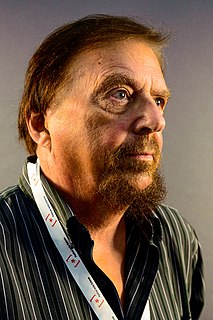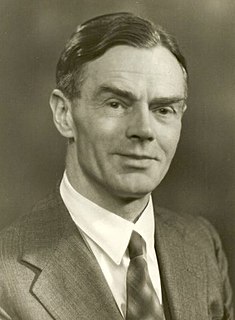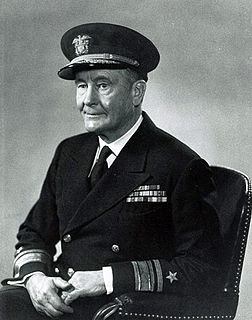A Quote by Sarah Vowell
Except for the people who were there that one day they discovered the polio vaccine, being part of history is rarely a good idea. History is one war after another with a bunch of murders and natural disasters in between.
Related Quotes
We normally think of history as one catastrophe after another, war followed by war, outrage by outrage - almost as if history were nothing more than all the narratives of human pain, assembled in sequence. And surely this is, often enough, an adequate description. But history is also the narratives of grace, the recountings of those blessed and inexplicable moments when someone did something for someone else, saved a life, bestowed a gift, gave something beyond what was required by circumstance.
I did not know much history when I became a bombardier in the U.S. Air Force in World War II. Only after the War did I see that we, like the Nazis, had committed atrocities... Hiroshima, Nagasaki, Dresden, my own bombing missions. And when I studied history after the War, I learned from reading on my own, not from my university classes, about the history of U.S. expansion and imperialism.
I feel history is more of a story than a lesson. I know this idea of presentism: this idea of constantly evoking the past to justify the present moment. A lot of people will tell you, "history is how we got here." And learning from the lessons of history. But that's imperfect. If you learn from history you can do things for all the wrong reasons.
It's funny, I'm very analytical in my real life, but in terms of my films, I try to not analyze them at all and let things just go into them and let them be what they are. I mean, people ask me to this day what 'The Squid and the Whale' stood for, and I have no idea except that it's an exhibit in the Natural History Museum.
By contrast with history, evolution is an unconscious process. Another, and perhaps a better way of putting it would be to say that evolution is a natural process, history a human one.... Insofar as we treat man as a part of nature--for instance in a biological survey of evolution--we are precisely not treating him as a historical being. As a historically developing being, he is set over against nature, both as a knower and as a doer.
America was discovered accidentally by a great seaman who was looking for something else; when discovered it was not wanted; and most of the exploration for the next fifty years was done in the hope of getting through or around it. America was named after a man who discovered no part of the New World. History is like that, very chancy.

































